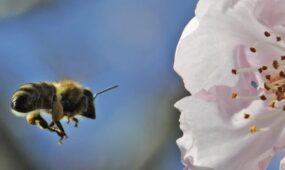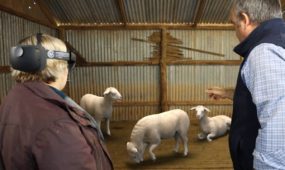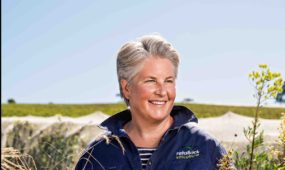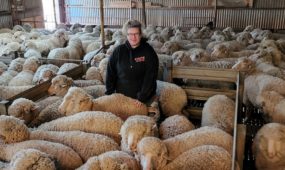Website to improve mental health of farmers prepares for launch
Primary Industries
An online program to provide farmers with techniques to cope with stress and improve wellbeing is looking to recruit participants before an Australia-wide rollout.

Sign up to receive notifications about new stories in this category.
Thank you for subscribing to story notifications.
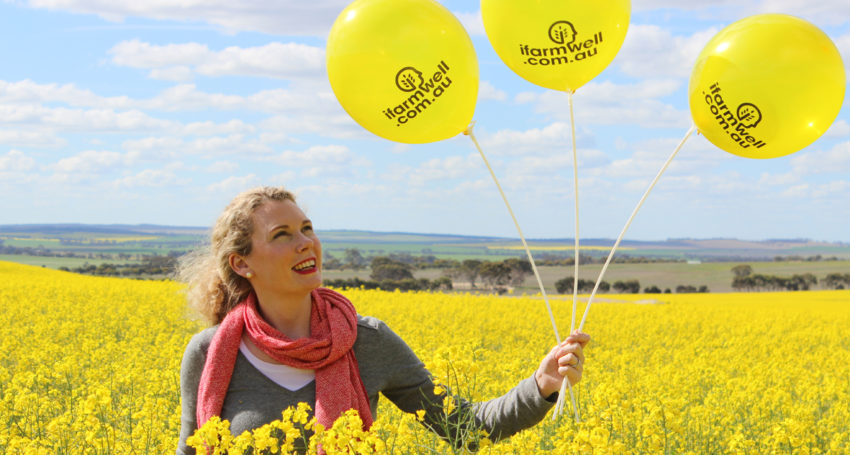
The ifarmwell program needs more contributors to evaluate its value and funding to confirm it can be sustained into the future.
The world-first online program for farmers was developed by researchers at the University of South Australia in collaboration with the University of Adelaide, National Centre for Farmer Health and the Freemasons Foundation Centre for Men’s Health.
It comes at a crucial time as many Australian farmers battle the stresses of drought. Farmers traditionally have among the highest rates of suicide across the globe.
The 2014 Regional Wellbeing Survey found that almost 50 per cent of Australian farmers had a mild or worse mental disorder, compared with 26 per cent of the general rural population.
The pilot program was launched in February with participants asked to complete a series of questionnaires to measure psychological variables to ensure it has a positive effect on people’s mental wellbeing.
However, although more than 100 farmers have enrolled and are part way through the pilot program, at this stage only 30 have completed it along with the necessary questionnaires required for evaluation.
Lead researcher Dr Kate Gunn from the University of South Australia said they needed a further 30 farmers to complete the full program and questionnaires before a proper evaluation could be done.
She urged those farmers already involved to keep progressing through the five modules and questionnaires and said there was also an opportunity for new participants to sign up to the program.
“We expect in the next couple of months we will have about 50 through the whole process but we need a few more to sign up so we can ensure that it is really having the effect that we want it to,” Dr Gunn said.
“The evaluation is an important part of the process but it is a little bit challenging because the validated measures contained in the questionnaires do put some people off.
“We understand that, but it is important for the long-term sustainability of the resource that we can report results that have been collected in a rigorous way.
“We have recently given talks about the program to various groups from all over Australia who work with farmers every day and they are very encouraged by the website and keen to get the evaluation completed so we can get some more funding to tell more people about it.”
Each of the five modules in the ifarmwell program takes about 20-30 minutes to complete with the next module made available two weeks later to allow sufficient time to practise new skills.
Dr Gunn began working on the research during the Millennium Drought a decade ago and said the timing of the current drought in eastern Australia made the launch of www.ifarmwell.com.au particularly relevant.
She said the initial research compared the strategies used by farmers who were coping well with those farmers who were struggling mentally.
“That’s when we found that if farmers could learn the coping strategy of acceptance to help them manage the things that were beyond their control like the weather or commodity prices, then they were the ones in a good position to avoid experiencing distress.
“But it is designed to help people build coping skills to face challenges in the future as well as current stresses so if it rains it doesn’t mean this is not needed.
“Unfortunately, droughts are inevitable so we hope it will help farmers cope with future droughts as well- we see it as part of the ‘drought proofing process’.”
The issue of ongoing funding poses another potential hurdle for the project.
Dr Gunn said as well as completing the evaluation phase her next step was to write funding proposals to allow changes suggested by farmers to be made to the website and develop a strategy for embedding the program into rural communities.
“Every week I’m getting two or three phone calls asking me to talk about the website with various farming groups but without more funding we’re a bit stuck in our ability to do that,” she said.
“The job of people in universities like me is to do research that leads to the development of interventions, prove that they work and then hand them on to other organisations to deliver them as an ongoing resource.
“Ideally we’d like to hand this on to a large organisation that has people on the ground in rural Australia and is better placed to roll this out nationally, on a long-term basis.”
Jump to next article
